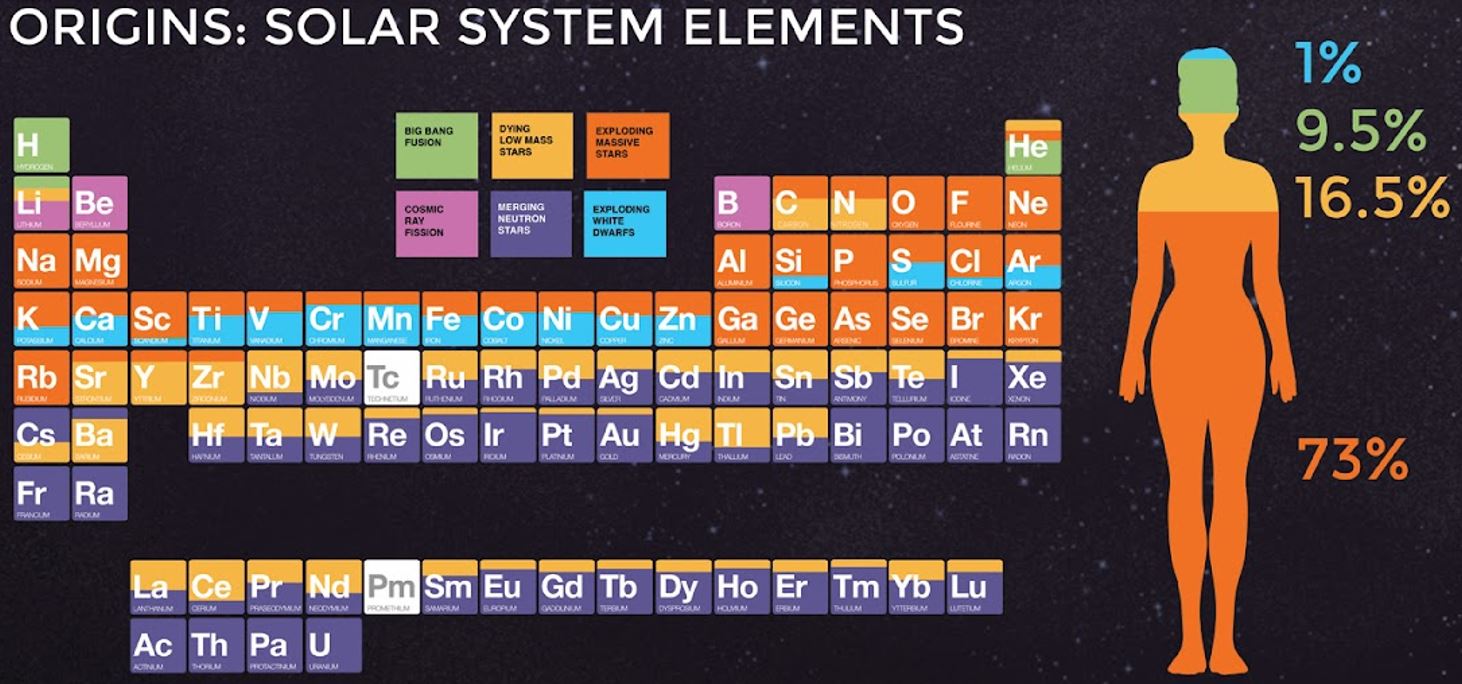Foreign Banks Will No Longer Aid American Tax Evaders

Article written by guest writer Rin Mitchell
What’s the Latest Development?
The days of America’s rich utilizing the services of offshore bank accounts to hide additional income from the Internal Revenue Service (IRS) is slowly coming to an end. Many foreign banks in Europe and throughout Asia have begun to shun the almighty dollar before the new foreign tax policy set forth by Washington goes into effect in January 2013. Tax evaders from the United States have been establishing oversea bank accounts in an act to side step tax laws for years. If they wish to continue their overseas banking, their investment activity will be limited. Could this be a drawback for foreign banks? For some Asian countries, the American money will not be missed—their economic growth has placed them in an uncompromising position.
What’s the Big Deal?
The Nation’s richest will be forced to bank countryside with private firms for full-option investment needs—making it harder to hide unreported income from the IRS. Financial institutions overseas will be required to report income and interest payments added to U.S accounts—failing to comply will result in stiff penalties and costly fees for the banks. This can lead to a domino effect, and more banks in countries outside of the U.S. will adopt a similar stance.





